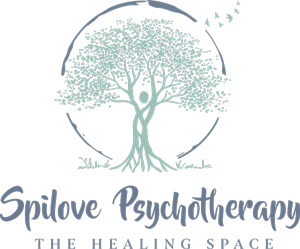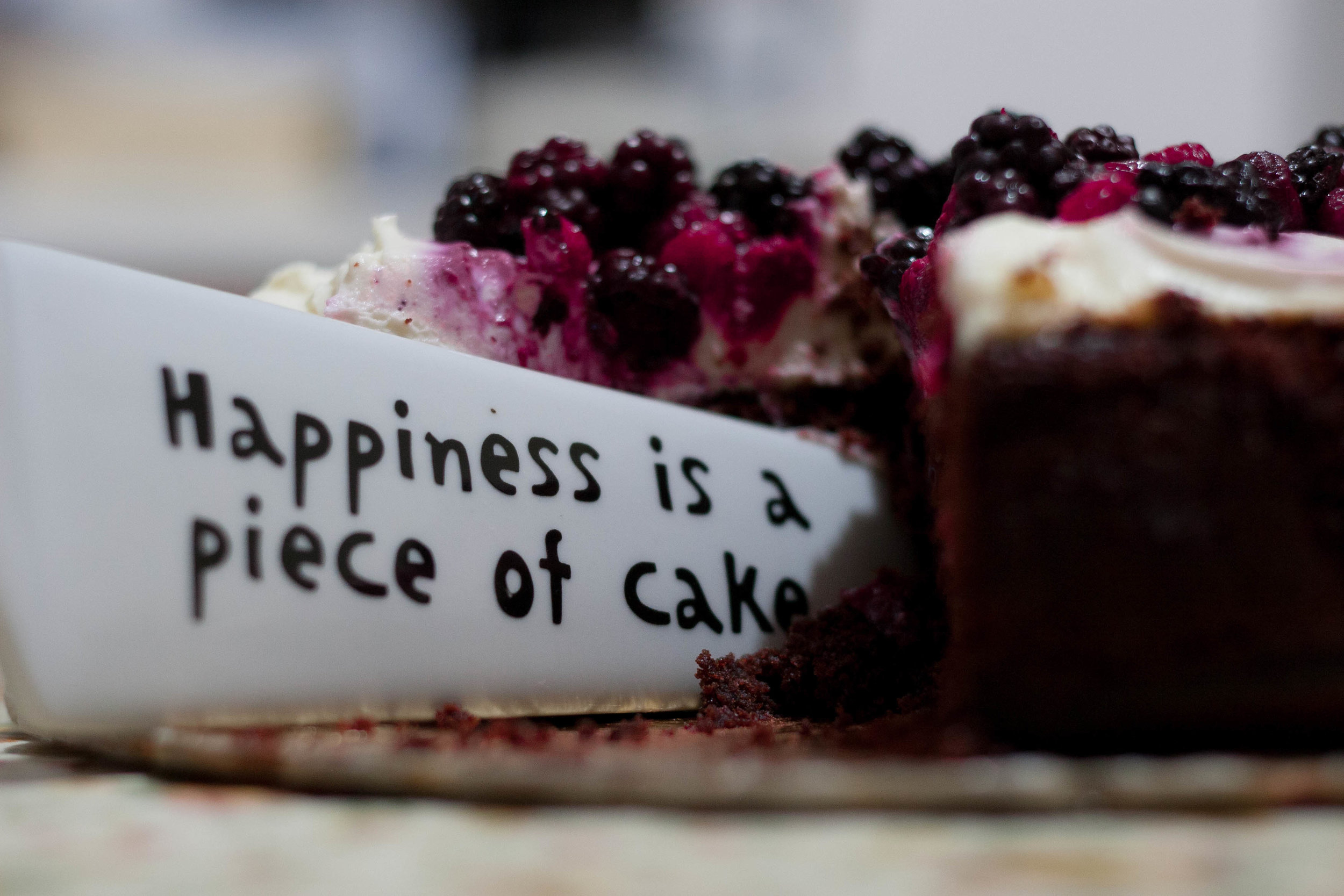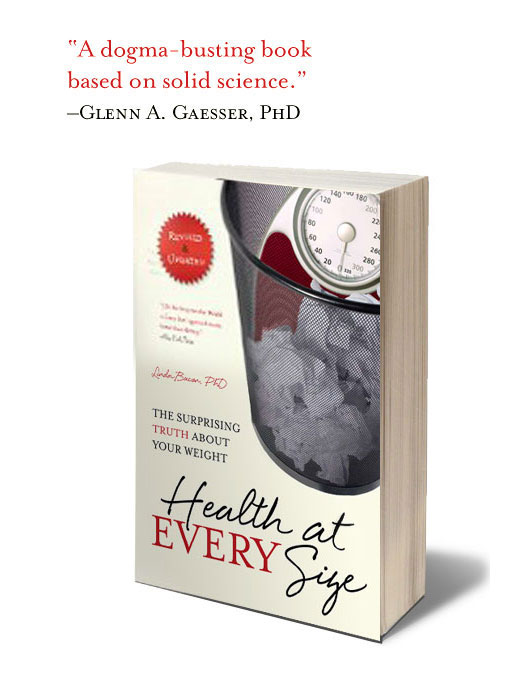I know, I know, it sounds TERRIFYING! Yes, I'm serious - you will not die from eating food in a restaurant ... I PROMISE! It might FEEL like you'll die, it might seem like you'll gain a hundred pounds just from eating the food that is cooked for you back in that kitchen you can't see.
As my friend and colleague, Natalie says, "there aren't calorie ninja's back in the kitchen adding calories to your food"! I understand the fear - I get that allowing somebody else to prepare your food is giving up control in a way that might not feel safe for you just yet. Here's the rub, though - even though it might be hard to admit, I KNOW you want to be able to participate in experiences that involve food. You WANT to be social. You want to hang with your friends while they get frozen yogurt or try the food at the new cafe. You want to live your life again... it's just that ED forbids it. Here are some helpful tips for you to get more comfortable with dining out:
Practice
When you find yourself feeling fear about eating in a restaurant, it's sort of like a phobia - a very heightened anxiety around something specific. The way to deal with and cure this type of phobia is through exposure - WITHOUT - re-traumatizing yourself. So you don't want to push yourself to take it all on without practicing and getting comfortable with various aspects of it first.
Use affirmations - they are wonderfully helpful ways to rewire your brain!
You might want to enlist the help of your therapist, friend or family member. Tell them some food options that you consider safe. Start small.
It's better to have success with something less challenging than to get overwhelmed with something scarier.
Your support team member could either get you food from a restaurant or give you food that they made without you present. Or if you need to start even smaller, you could watch them make your meal so you know it's safe. Eat with them. Notice your feelings. Use anxiety reduction and grounding techniques. Keep breathing and do your best. Keep practicing this step until your anxiety stays below a 7 on a 0-10 scale with 10 being the worst anxiety you've felt and 0 being no anxiety at all.
Increase the challenge slowly
Once you get comfortable with eating meals made by others, up the ante. If you're still not ready for restaurant dining, try getting take-out or try eating foods you didn't see being prepared. Use an affirmation like "This food is safe and nourishing; I am safe and I can eat this food". Make sure you start off each experience with some breathing and relaxing techniques so that you don't associate fear with the experience.
Dining Out
If noise bothers you, choose a restaurant that's quieter or a time of day that's less intense like lunch. See if you can get a table that's against a wall, in a corner or in a quieter area of the restaurant. This reduces over-stimulation and feelings of vulnerability.
Have a plan
In earlier recovery, it's helpful to have a plan. If you know which restaurant you'll be going to, look up their menu online. Work with your therapist or dietician to determine which menu item you'll be selecting. Most restaurants have portions that are significantly larger than the exchanges on your meal plan. If this is the case, you could anticipate eating half the meal. One tip is to ask for a to-go box at the beginning of the meal so that you can put half away for later and just focus on what's on your plate.
Go with someone supportive
This experience is hard enough, don't add to it by going with someone who doesn't "get it" or tries to sabotage your recovery. Some therapists or dietitians will conduct sessions at the restaurant with you so that you can talk through it as it's happening. If that's not an option, or you're ready for the next step, choose a member of your support group who understands your recovery. Let them know the plan beforehand and maybe come up with a code word in case you need to abandon the mission.
Remember to breathe
Keep taking those deep belly breaths and know that this is just one meal. One meal won't make you fat. If you notice yourself starting to get overwhelmed or anxious, just come back to your breath. While you're eating, try to focus the conversation on something else like the weather, the new movie just out or anything fun. Take a sip of water, feel your feet. You got this!!
Do's and Don'ts:
Do:
- Keep the conversation light
- Have some topics in mind to talk about while you're eating
- Get the food down
- Chew thoroughly
- Focus on the conversation, the beautiful setting or anything but the food and body
- Wear comfortable clothes
- Stay at the table for the entirety of the meal
- Set your pace to about 30 minutes to complete your meal
Don't:
- Count the calories
- Compare your dish to anyone else's
- Body check while you're at the table
- Talk about food, weight, exercise or anything triggering while you're at the table
Keep your eye on the prize!
This experience is not just about today or next week. You are engaging in this exercise so that you can enjoy your life - so that you can HAVE a life! Spending all your time in isolation, feeling lonely, not participating in social events is no way to live. Remember that you are doing this so that you can be happy and free of your eating disorder.
One day at a time
One meal at a time
One bite at a time
You CAN recover!! Recovery from an eating disorder is not a linear process. It goes all over the place, it's messy at times and sometimes you need to take 5 steps backward so that you can get good 2 steps forwards. Even one success is worth celebrating, so give yourself credit for EVERYTHING you do right.
If you're still feeling anxious about dining out and you'd like some support, I'd be happy to schedule a time to help you reach your goals. Contact me now at 610.314.8402 to learn more about how to dine out with an eating disorder. Please feel free to share this post with anyone who is looking for help with eating and body issues.
Good luck and enjoy!!
If you have any questions or need support, please feel free to call me at 610.314.8402 for a free 15 minute phone consultation.
Please comment below and tell us your story!































